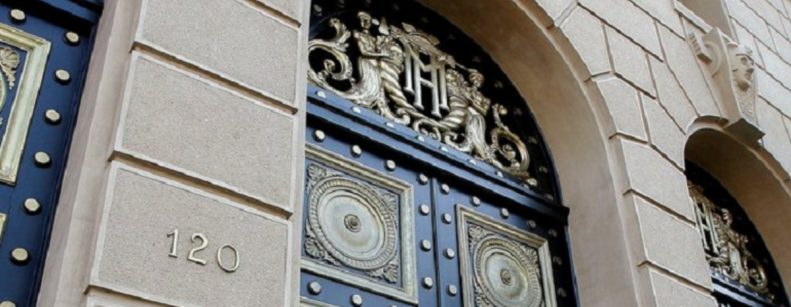
The president-elect, Gabriel Boric, has presented his future cabinet, against which there were many expectations. Although rumors had been circulating for some days, the official appointment was necessary to provide the certainties that for some time had become a precious asset. And, although some said otherwise, the name of the next Minister of Finance undoubtedly attracted most of the attention, given the historical importance of the portfolio, the uncertainty about the "fiscal issue" of the coming years and the high growth of the public debt in recent times.
Therefore, the appointment of Mario Marcel, in the opinion of the writer of these lines, must be perceived as very good news. The current president of the Central Bank is a name that generates transversal support, who has experience in Teatinos 120 and manages the political codes so necessary in a position like this.
You can read many reviews about him, but since some people say they do not know him, we will make it a little easier for them: Mario Marcel is an alumnus of the Instituto Nacional, a commercial engineer from the University of Chile and an M.Phil. from the University of Cambridge. Before joining the Board of the Central Bank and its presidency, he held positions at the IDB, the OECD and the Ministry of Finance itself, as Budget Director. It was precisely in this position, during the presidency of Ricardo Lagos, that together with Nicolas Eyzaguirre and others, he designed perhaps one of the key policies in the country's economic institutionality: the structural surplus rule. This background is vital when it comes to understanding the market's good reading of his appointment, since at least his name provides certainty regarding the management of public spending in the coming years.
However, this is not the only reason. In addition, he led the first of the presidential commissions on pensions during Michelle Bachelet's first government (2006), the basis for what later became the creation of the solidarity pillar. Considering that Boric's government program considers a deep reform of the pension and social security system, surely his experience and knowledge of the subject will help to make it happen in a good way. Last but not least, it is a powerful signal to the market that he is a respected economist, with a lot of experience to assume the portfolio, recently decorated by several institutions as "best central banker of the year", who is positioned "at the center" and with the necessary political experience to be able to manage and negotiate the spending policies of the coming years. This will be key, taking into account who will be his colleagues in the economic team and the management needed to be able to promote initiatives in Congress.
For the time being, it seems to us that the appointment will continue to be positive for local assets, at least in aggregate terms, mainly towards the exchange rate. This could reduce inflationary pressures in the short term, due to the impacts that could be felt in fuel prices.
As a result of Marcel's resignation from the Issuer Institute, the name of the person who will assume the presidency of the Central Bank is still pending, a position that will most likely go to a woman (the first in history).
So, after this brief review, I hope we can all say: "yes Mr. Marcel, we know you".
Nathan Pincheira
Chief Economist of Fynsa